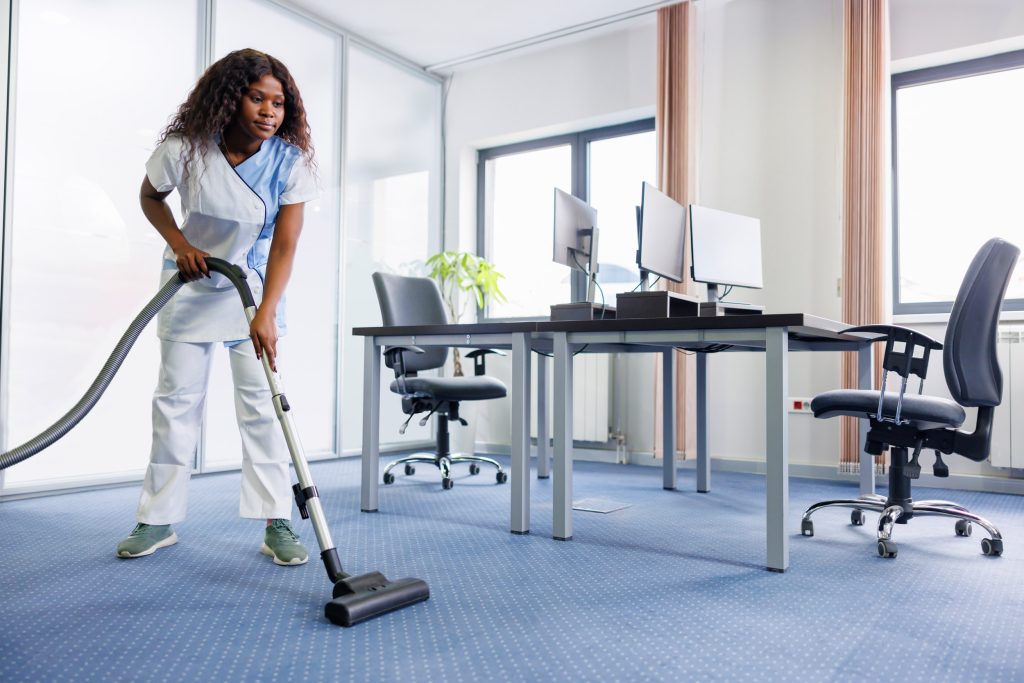Personalized Commercial Cleaning St Paul Solutions for All Business Needs
The Value of Normal Office Cleaning for an Efficient Job Atmosphere
In today's hectic office, regular office cleaning isn't nearly appearances; it plays a crucial role in forming employee morale and efficiency. A tidy environment can result in improved emphasis and minimized anxiety, while also advertising better wellness among personnel. Numerous organizations overlook this vital aspect of their operations. Recognizing its complete impact can expose unusual benefits that prolong past simple cleanliness. What are the hidden benefits waiting to be uncovered?
The Effect of Cleanliness on Staff Member Spirits
While several variables add to a positive office atmosphere, sanitation plays a crucial role in forming worker morale. A neat setting cultivates a feeling of pride amongst employees, encouraging them to take ownership of their work area. When workdesks, common areas, and conference room are tidy, employees feel much more comfortable and focused, resulting in boosted efficiency. Additionally, a tidy workplace minimizes distractions, permitting employees to focus on their tasks without the concern of mess. Staff members often perceive a properly maintained setting as a representation of the organization's values, enhancing their interaction and commitment. Consequently, investing in regular office cleaning not just boosts the aesthetic charm however likewise supports an inspired labor force ready to take on obstacles with enthusiasm.
Wellness Benefits of a Clean Workplace Setting

The Connection In Between Cleanliness and Performance

Techniques for Maintaining a Clean Work Environment
To keep an office tidy and welcoming, organizations need to carry out practical approaches that engage workers in preserving their environment. First, they can develop a cleansing timetable, assigning certain jobs to every staff member. This promotes liability and makes certain everyone adds to sanitation. Second, providing conveniently accessible cleaning products encourages workers to description clean their rooms consistently. Third, organizations need to promote a culture of cleanliness by identifying and compensating teams that master keeping a tidy work space. Furthermore, hosting normal cleansing days can build sociability while stressing the importance of a clean setting. Ultimately, constant communication regarding tidiness criteria enhances expectations, making it less complicated for staff members to focus on tidiness in their day-to-day regimens.
Conclusion
A clean space boosts employee spirits, promotes health, and enhances general efficiency. By focusing on cleanliness, organizations not just reveal they value their employees yet additionally cultivate a culture of cooperation and focus.
